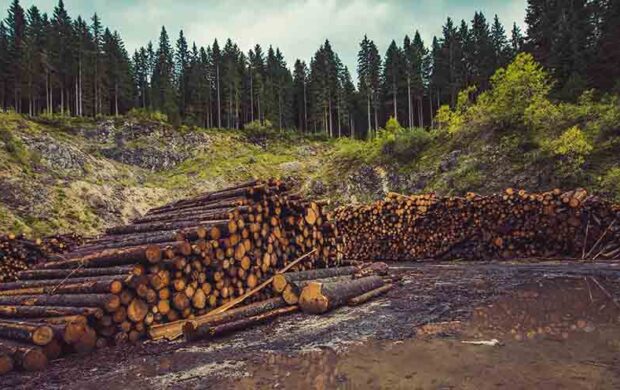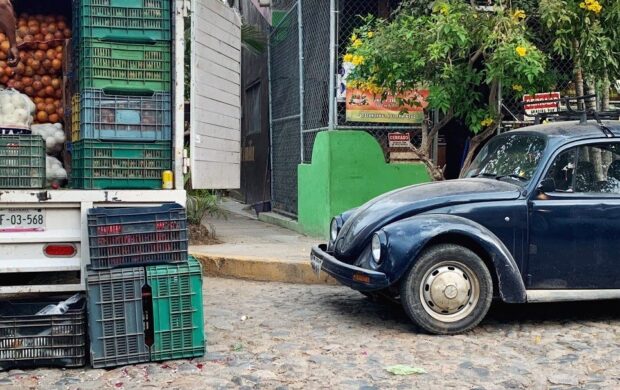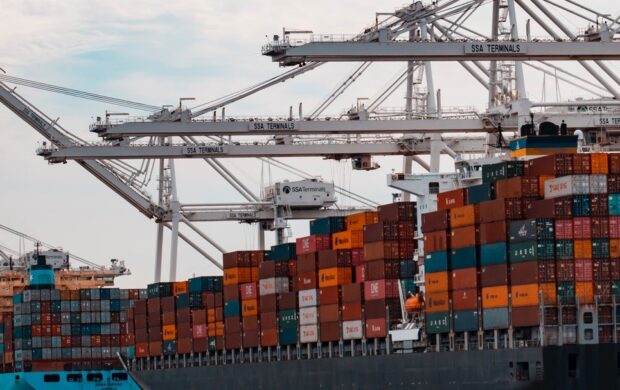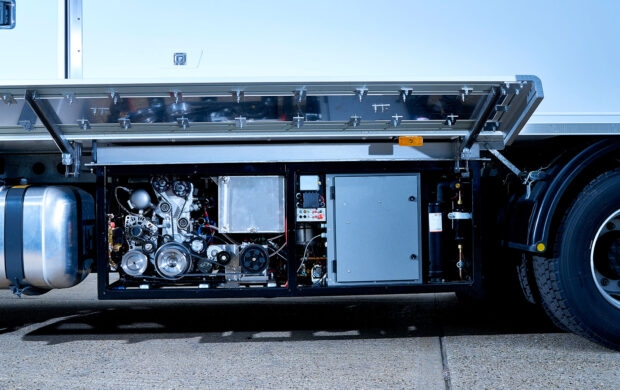The challenge
Tea is grown in around 60 countries around the world, with China, India, Sri Lanka and Kenya together accounting for 75% of global production. The tea industry faces a number of challenges: insecure and dangerous conditions for workers, young people leaving farming in search of better wages and lifestyles in cities, climate change, competition for decreasing resources such as land and water, and pressure to maintain low prices are a few. The challenges facing tea are too big for one organisation to handle alone and, without fundamental change, are likely to deepen, rather than lessen, over time.
Our solution
In 2013, Forum for the Future convened the Tea 2030 initiative: a global collaborative which brought leading organisations together to help create a sustainable future for tea. Tea 2030 was formed of organisations representing the full breadth of the sector, including commercial businesses, NGOs, trade associations and academics. By identifying the challenges affecting tea and developing innovative solutions, Tea 2030 aimed to help build a successful and sustainable sector across the globe.
Tea 2030 tested the hypothesis that tea has the potential to be a ‘hero crop’; a commodity with a truly sustainable value chain that delivers social, environmental and economic benefits for all participants. What are the steps towards a sustainable future for the Tea industry?
As part of its early work, Tea 2030 researched and developed a set of different possible future scenarios as a way to explore what the future might look like for the tea industry. These scenarios highlighted the major barriers and opportunities for transforming tea into a ‘hero crop’. Based on these, Tea 2030 established three collaboration platforms from which to drive progress:
– Market Mechanisms – ensuring value creation for all those involved in the industry. Members of the Tea 2030 initiative established a ‘market mechanisms working group’ to explore ways to address the management of risk resulting from price volatility within tea value chains.
Piloting tea swaps as a market mechanism to smooth price volatility in the Kenyan tea market
– Sustainable Landscapes – helping growers focus on the most relevant environmental and social issues to deliver tangible benefits to local communities.
– Engaging Consumers – building awareness of the need for sustainable tea amongst those with the purchasing power.
Impact
Tea 2030 created a robust case for change with a publicly available trends report. We also engaged widely throughout the sector, hosting six sector-wide trends analysis and collaboration opportunity mapping workshops in North America, Europe and Africa. As a result, our work made a contribution to shifting mindsets of industry stakeholders.
You can find out more about the results of the
market mechanisms workstream in the
case study of the Kenya Tea Swaps project. Progress in the sustainable landscapes and consumer engagement workstreams was unfortunately halted by external factors such as a change in government and internal resourcing changes in partner organisations.
Forum for the Future has now completed its work on Tea 2030. To dive into the story of Tea 2030, understand the system change strategies used in its design, and learn about the achievements and insights from this work, read this article by Forum’s Chief Executive, Dr Sally Uren.
Scenarios and why we use them
Although we cannot predict how the world will change over the next 25 years, we can be confident that it will be very different from today. Future scenarios are a powerful tool to help us imagine different possible future worlds and to better understand how key trends are shaping our world today. They are not predictions or depictions of desirable futures that we wish to promote, and they do not represent our vision of a sustainable future; rather, they aim to challenge, inspire and excite, so that we feel motivated to plan for a better, more sustainable future.
Interested in learning more?
Learn how to apply futures for systems change and become a system change agent
Visit the School of System Change










Join discussion